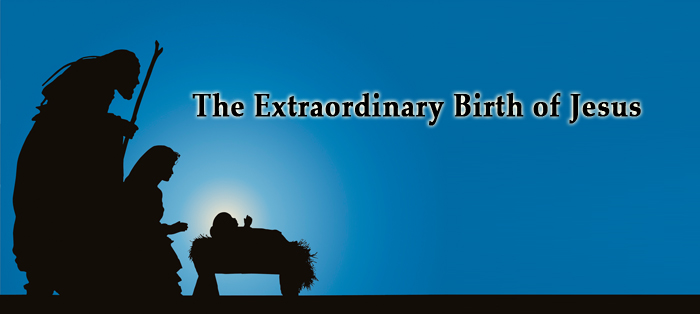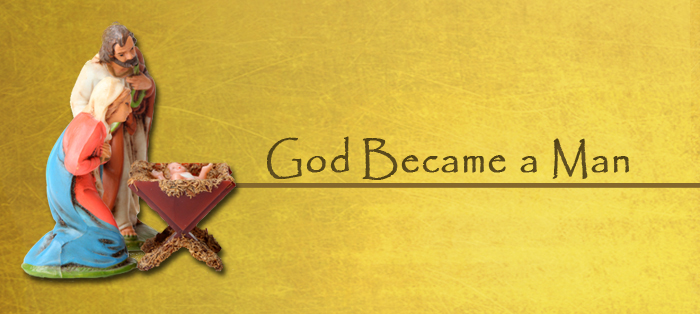The Extraordinary Birth of Jesus
Tuesday, December 13, 2011
Extraordinary births are certainly not unprecedented in biblical history. As part of the Abrahamic Covenant, God promised to send a son to Abraham and Sarah (Genesis 17:19–22). They were both beyond normal childbearing ages and laughed at the prospect of being parents, yet they ultimately witnessed the miraculous arrival of their son, Isaac (Gen. 21:1–3). In Judges 13, an angel of the Lord told Manoah and his barren wife that they would have a special son. True to the heavenly messenger’s words, Samson entered the world and for a time delivered the Israelites from the oppression of the Philistines.
Samuel, the first prophet, final judge, and anointer of kings, also demonstrated in his birth the providential power of God. He was the answer to the faithful, persevering prayers of his godly mother, Hannah, who had remained childless until then. John the Baptist’s mother, Elizabeth, was also unable to have children until God graciously intervened when she was in her sixties or seventies and made her the mother of the forerunner of Christ (Luke 1:15–17, 76–79). But none of those special births was as amazing as the virgin birth of the Son of God, our Lord and Savior Jesus Christ.
Even though the fact of Jesus’ virgin birth is clearly and concisely stated in Scripture, the unconverted mind of sinful humanity, as with all essential doctrines of the Christian faith, resists embracing the truth of His unique birth.
First of all, ancient mythologies and world religions counterfeited Christ’s virgin birth with a proliferation of bizarre stories and inaccurate parallels. These stories undercut and minimized the uniqueness and profound impact of our Lord’s birth. Satan has propagated many legends, all with the purpose of undermining the nature of Christ’s birth and deceiving people into seeing it as just another myth or nothing exceptional.
In addition, the scientific age and the emergence of modern and postmodern theologies during the past two centuries have eroded many professed believers’ confidence in the reality of the virgin birth. (Along with that trend has been a noticeable decline in the percentage of “Christians” who believe in the deity of Christ.) But such skeptical thinking is foolish and directly contrary to the explicit teaching of all four Gospels, the Epistles, and the historical testimony of the entire early church that Jesus was none other than the virgin-born Son of God.
Against that backdrop, we’ll investigate the most important questions about the birth of Christ: What does Scripture teach about His birth, and why is it important? We’ll find the answers in this Christmas blog series. Stick around!




